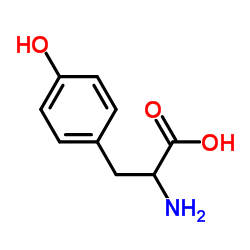| Structure | Name/CAS No. | Articles |
|---|---|---|
 |
Rasagiline mesylate
CAS:161735-79-1 |
|
 |
DL-Tyrosine
CAS:556-03-6 |